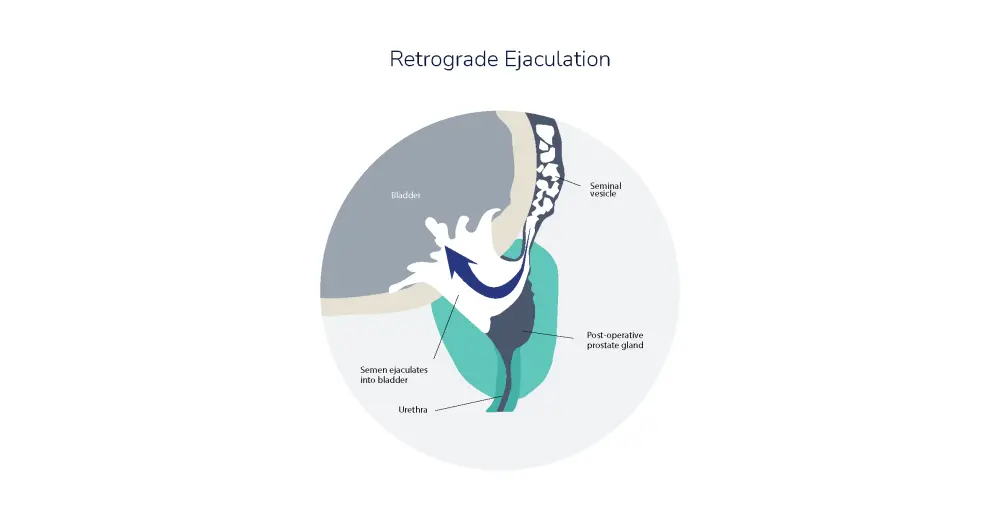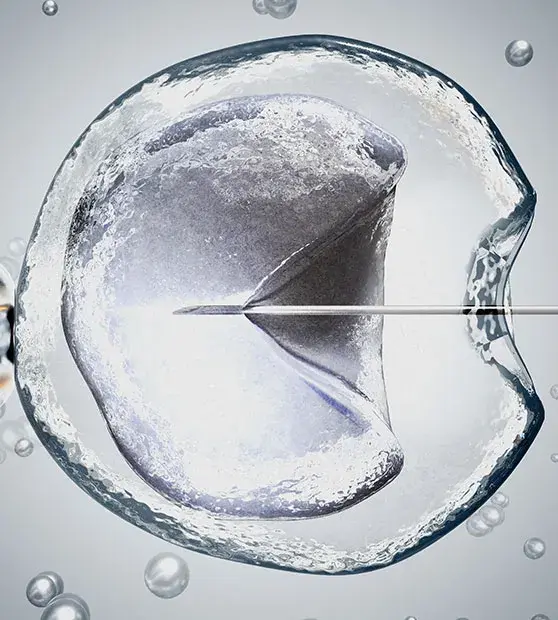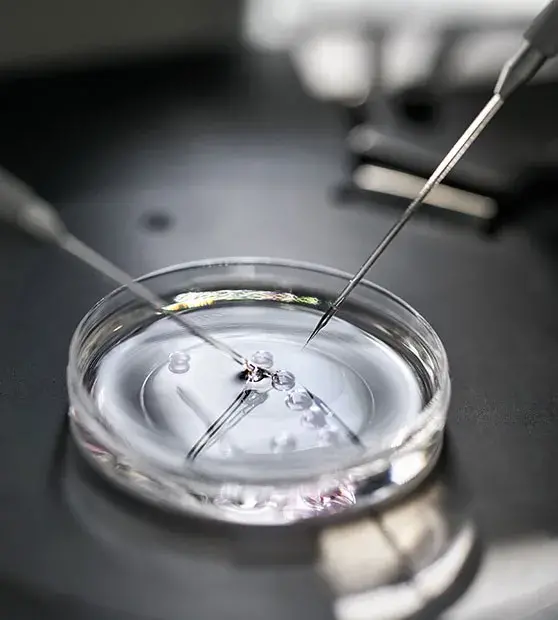Retrograde Ejaculation
Ejaculation refers to the process of discharging semen forward through a man’s urethra and out of his penis. When semen enters the bladder instead of releasing through the penis during orgasm, the process is called retrograde ejaculation. This results in the mixing of the semen with urine present in the bladder. And the semen passes out as waste.
What causes retrograde ejaculation?
- Certain medical conditions. One of the most frequent is Diabetes.
- Anatomical defects.
- Prior prostate/urethral surgery .
- Intake of certain medications or drugs.
What are the signs of this ejaculation type?
These symptoms may involve:
- Loss of fertility.
- Cloudy urine post orgasm.
- Slight or no ejaculate during orgasm.
Does it have any impact on fertility?
For males with this problem, it is certainly unfeasible to conceive a child naturally. As a result, couples should consider fertility treatments for attaining conception.
How can this problem be diagnosed?
Retrograde ejaculation can be diagnosed employing a 3-Step strategy.
Step 1: Discussion of queries concerning the patient’s medical history, medications, surgeries, etc.
Step 2: Physical evaluation of his reproductive parts, scrotum, testicles, penis, and rectum.
Step 3: Urine examination that gets discharged after an orgasm.
What is the treatment procedure?
In most cases of retrograde ejaculation, sperm can be recovered from a urine sample and used during an IVF-ICSI cycle.
Otherwise, sperm can be obtained directly from the testicles, using techniques as Fine Needle Aspiration or TESE.




